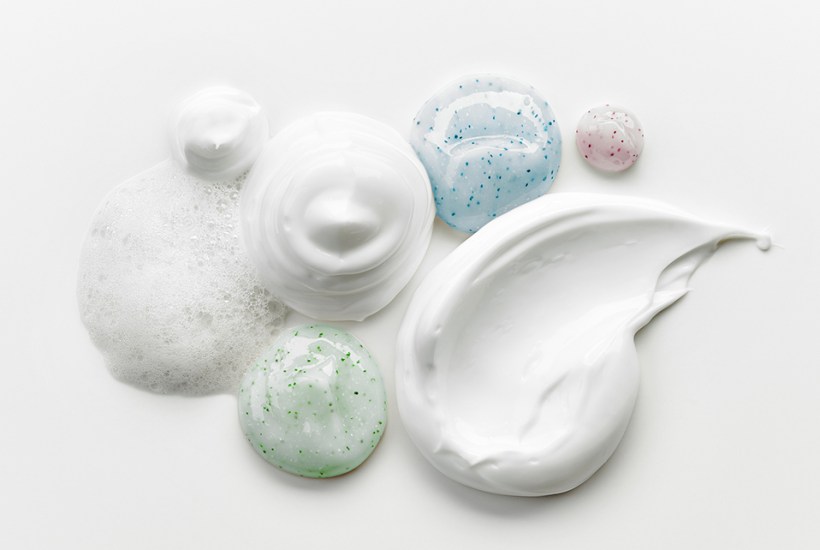‘So, are the Tories going to win the election?’ asked my husband after listening to the engaging psephologist Sir John Curtice. I’d been paying attention, but was distracted by Sir John’s phrase ‘the rub in the ointment’. Typical of extempore speech, this a metaphorical mixture of the fly in the ointment and the rub.
Ointment might suggest a rub like Vicks VapoRub, which originated in America in 1905. The Oxford English Dictionary says such a rub is likely to be a liniment, though I can’t quite see the difference. I do remember Sloan’s Liniment, its label bearing an engraved portrait of the thick-moustached inventor, Dr Earl Sloan (another American, a doctor by courtesy).
How much a fly spoils your metaphorical ointment is not clear. Is it like a fly in the soup, a slug in the salad, a snail in the ginger beer? It relates to Ecclesiastes (10:1): ‘Dead flies cause the ointment of the apothecary to send forth a stinking savour: so doth a little folly him that is in reputation for wisdom and honour.’
As for the non-ointment rub, it comes from the game of bowls, as an unevenness of the ground which impedes a bowl. Shakespeare often uses the metaphor, most famously in the soliloquy ‘To be or not to be’ in Hamlet.
The rubbing champion was surely Dr J.G. Martindale of the Wool Industries Research Association, who in 1942 invented a machine to perform a rub test for textiles. One that endured more than 30,000 rubs would suit commercial use; more than 40,000, the demands of public-transport seating. My husband asked if there wasn’t some 19th-century aristocrat who said that a man might rub along comfortably enough on £40,000 a year. That was jogging not rubbing, which is why John Lambton, 1st Earl of Durham (1792-1840), was known as Jogalong Jack. He was brought into the government by his father-in-law Earl Grey, the Whig who became prime minister in 1830 only because the Duke of Wellington failed to retain parliamentary support for the Tories.
Got something to add? Join the discussion and comment below.
Get 10 issues for just $10
Subscribe to The Spectator Australia today for the next 10 magazine issues, plus full online access, for just $10.
You might disagree with half of it, but you’ll enjoy reading all of it. Try your first month for free, then just $2 a week for the remainder of your first year.









Comments
Don't miss out
Join the conversation with other Spectator Australia readers. Subscribe to leave a comment.
SUBSCRIBEAlready a subscriber? Log in